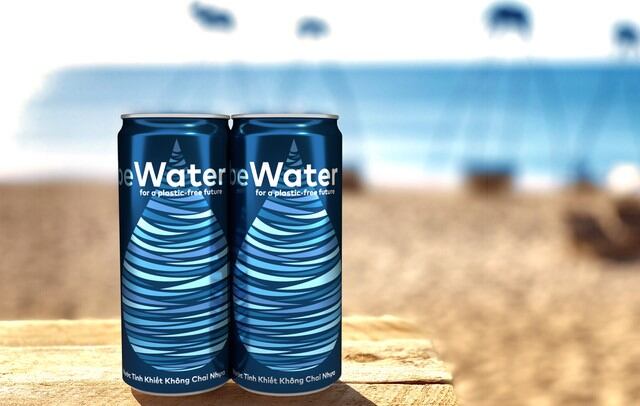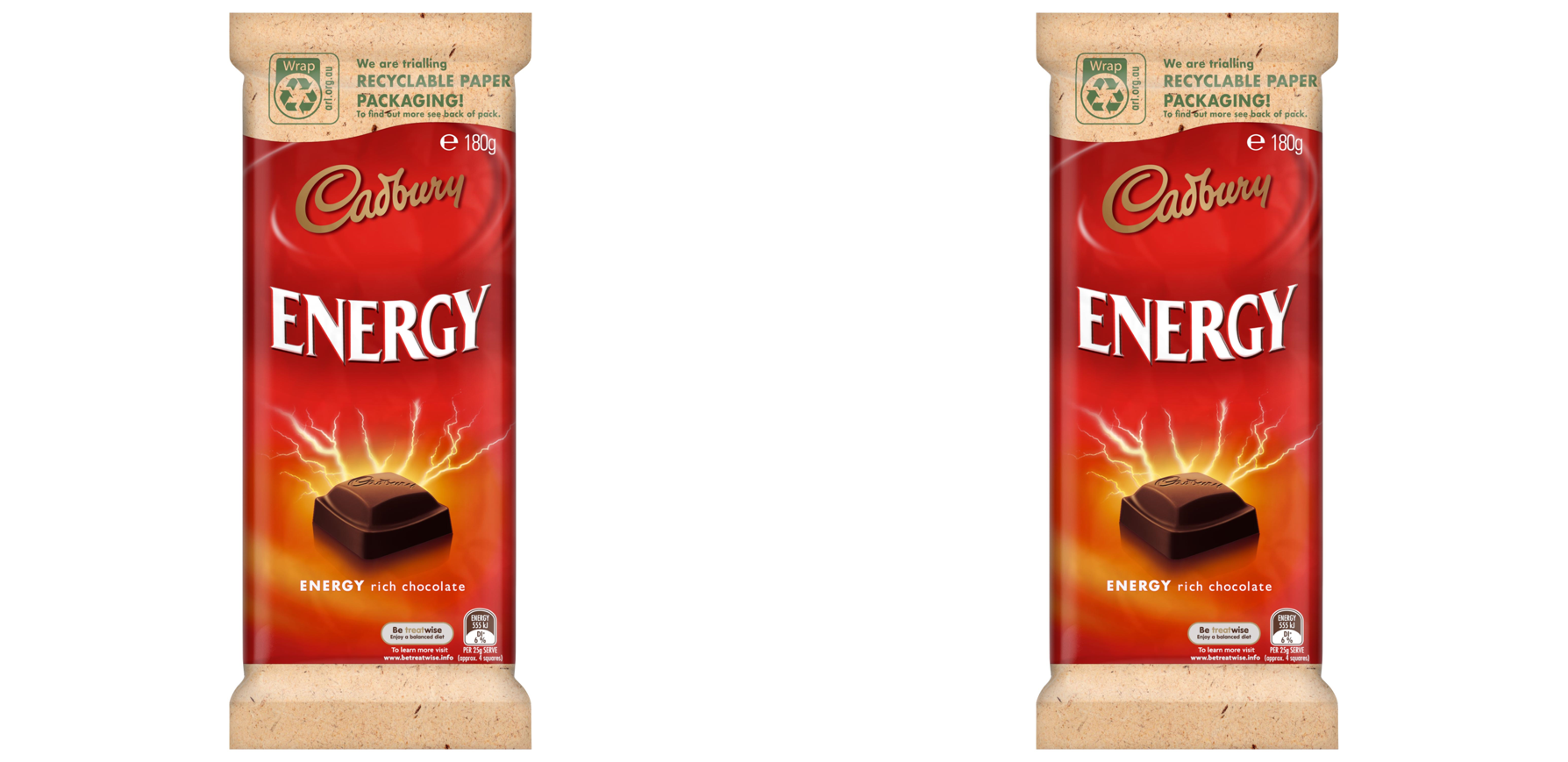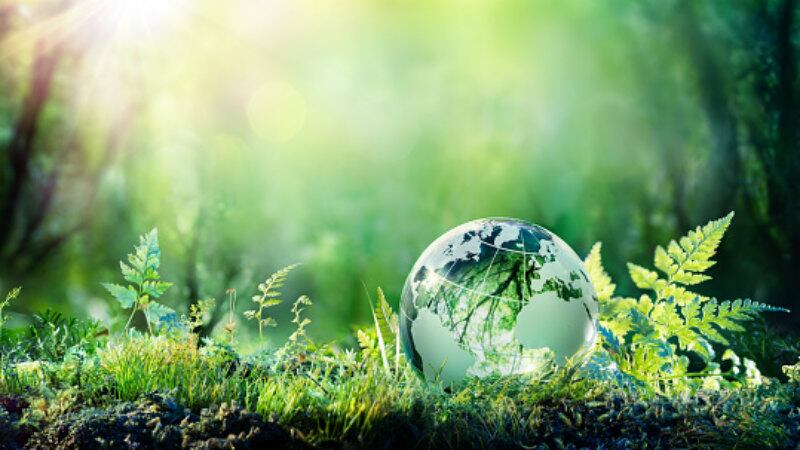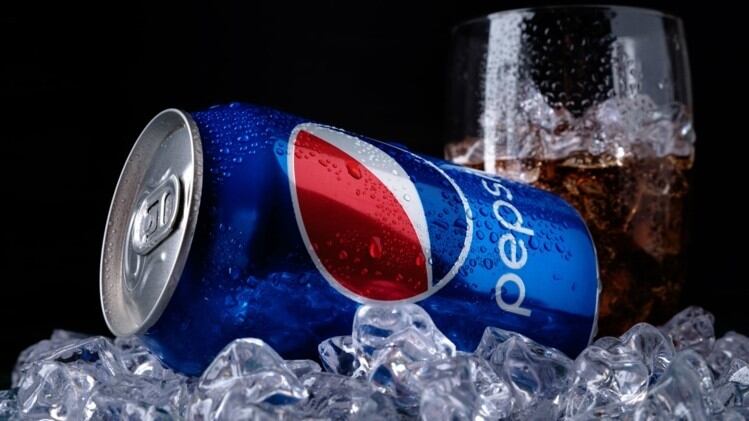The company produces beer as well as mineral water under the beWater brand. It has partnered with TBC-Ball Beverage Can Vietnam Limited and Ball Asia Pacific Limited to launch beWater, which is contained in a 330ml aluminium can.
Having launched one month ago, Winking Seal Beer Co co-founder & general director, Mark Nerney said he was already seeing strong demand.
He told FoodNavigator-Asia: “We are planning regional distribution this year with a focus on popular tourist destinations like Singapore, Thailand, Cambodia, Taiwan, and potentially the Middle East.”
Vietnam plastic problem
Vietnam is the third worst plastic waste polluter in ASEAN with 1.8 million tons of plastic waste generated annually.
“The majority (of waste) ends up in the ocean. While only 27% of plastic is recycled, over 90% of aluminium is recycled due to its higher scrap value, easy transportation, and the ease of recycling,” said Nerney.
In South East Asia, only Malaysia and Thailand generate more waste. Singapore and Indonesia are placed fourth and fifth respectively.
Nerney said Vietnam is taking aggressive steps to eliminate single-use plastics in urban shops, markets and supermarkets by 2021 and nationwide by 2025.
Environmentally friendly cans
beWater cans are made from aluminium which Nerney said held an environmental advantage over single-use plastic. Aluminum is also a more cost-effective and sustainable option compared to glass and cartons.
“New aluminium and PET plastic bottles can both be viewed as equally ‘bad’ for the environment, but where aluminium wins is its recyclability. 75% of all aluminium in use today is recycled and in South East Asia, the recycling rates are even higher, further enhancing aluminium’s environmental edge over single-use plastic,” he explained.
Bjoern Kulmann, sustainability director at Ball Corporation added: "Aluminum is monomaterial and can be easily sorted and reused an infinite number of times without losing quality. Aluminum, as permanent material retains its value throughout the recycling process, meaning that it can be kept in circulation indefinitely without becoming waste and ending up in the ocean or in landfills."
Promoting recycling
There is a strong demand for recycled aluminium which has multiple uses, including FMCG products to automotive and aerospace. Nerney said TBC-Ball can also remakes recycled aluminium into new cans.
Working closely with TBC-Ball, Winking Beer Co will provide on-site can collection stations to promote recycling among its customers.
“We also connect them (customers) with local scrap collectors to make it easy for not only beWater, but all aluminium cans to be recycled. Recycled cans can be back on the shelf as a new can within as little as 60 days.”
The companies hope this can help raise awareness of sustainable packaging solutions to eliminate the plastic water problem in hospitality and F&B.
beWater is manufactured in Vietnam using advanced reverse osmosis and UV light treatment for purification. The water is then enhanced with natural minerals for a fresh and clean taste.
Currently, beWater is primarily found in hotels and F&B venues, but Nerney told us the company is looking to expand into supermarkets and modern off-trade.
At F&B venues, its retail price is slightly more expensive than PET bottled water, “we want to make beWater the least expensive recyclable alternative to PET bottles,” Nerney explained.




